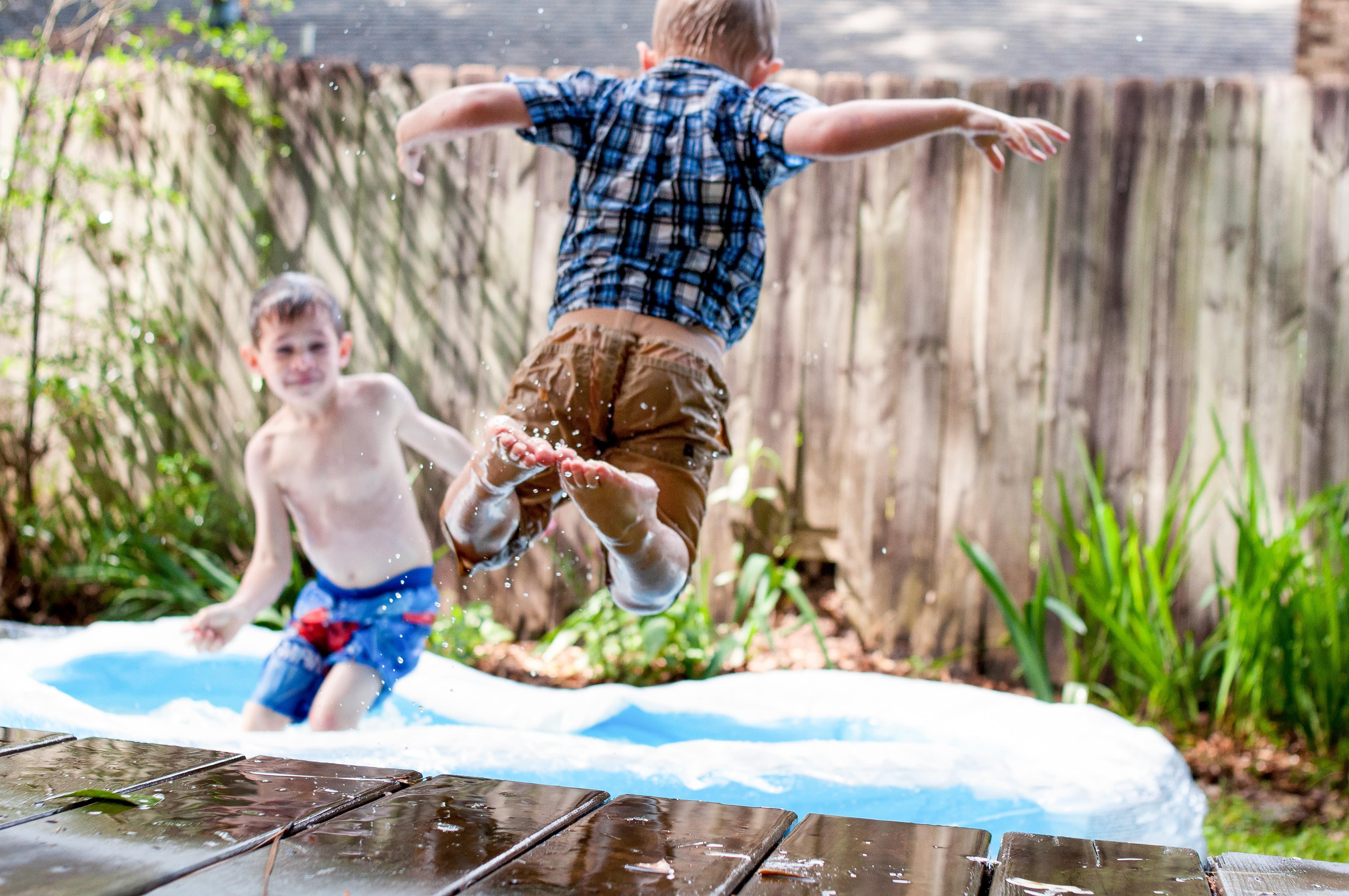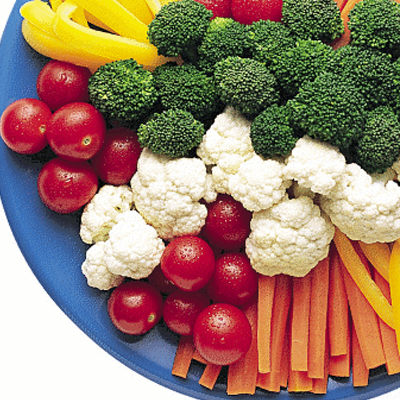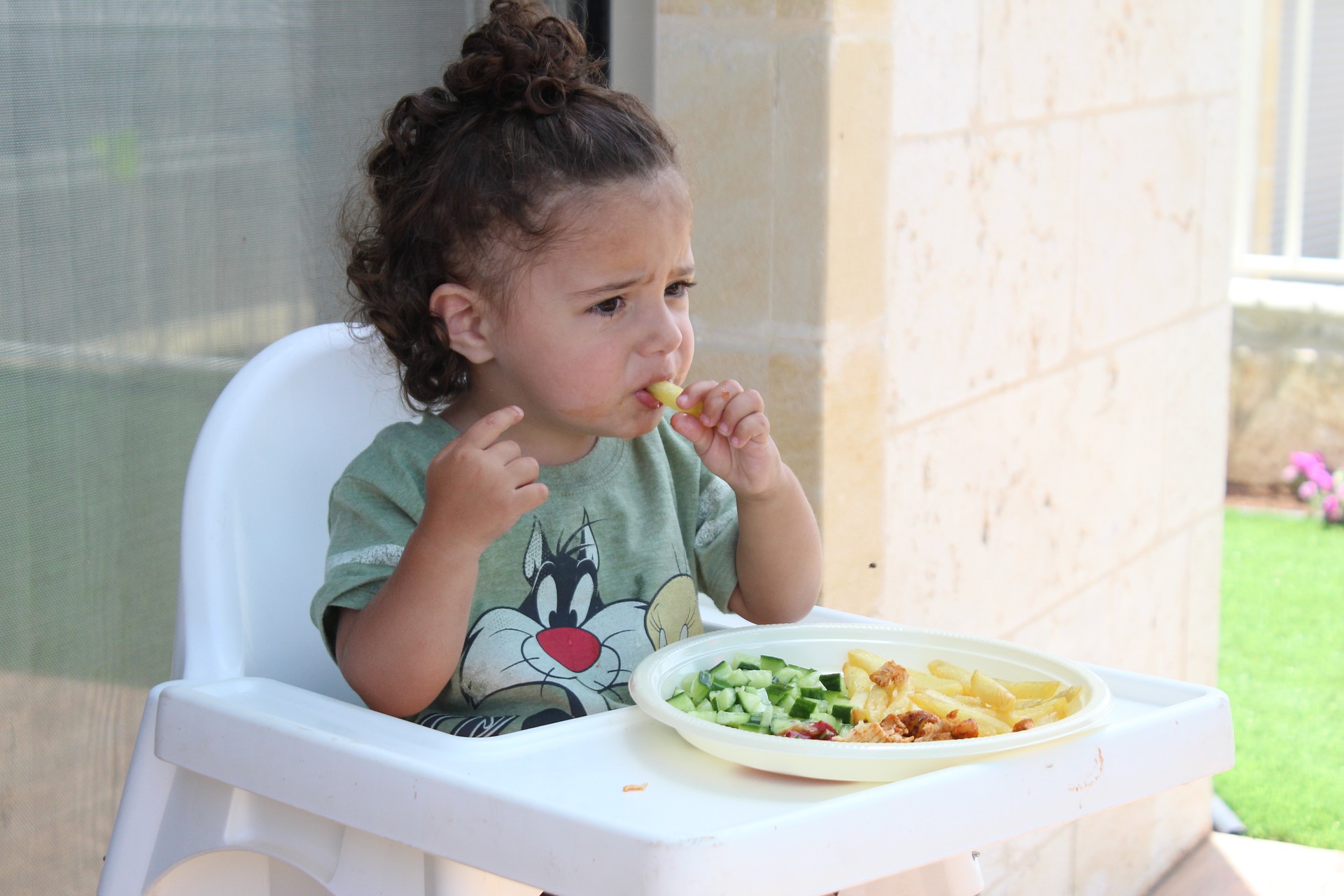Why Should Children Play Sports?
Sports, whether team-based or individual, are a great activity for children that provide a variety of benefits other than physical activity. Participation in sports can help build self-esteem and confidence, can motivate children to excel academically and can help build social skills. Participation also can teach children the benefits of goal-setting and practice.
1.Physical Activity Physical activity is the most obvious benefit of sports participation. Children often spend too much time watching television or playing video games. But sports practices and games provide an opportunity for exercise that can help keep kids in shape and healthy. 2.Social Skills Sports participation can help children develop social skills that will benefit them throughout their entire lives. They learn to interact not only with other children their age, but also with older individuals in their coaches and sports officials. Kids learn leadership skills, team-building skills and communication skills that will help them in school, their future career and personal relationships. 3.Self-Esteem Participation in sports can have a huge positive impact on a child’s self-esteem and confidence. Children who participate in sports get praise and encouragement from coaches and parents, which helps to build self-confidence. They also learn to trust in their own abilities and push themselves. Constructive criticism is also a major part of sports participation, and young athletes learn to accept such criticism and use it to their benefit. The American Academy of Child and Adolescent Psychiatry suggests that parents be actively involved to ensure that children get the most out of sports participation. Did You Know? l Only 1 in 3 children are physically active every day. l Less than 50% of the time spent in sports practice, games, and physical education class involves moving enough to be considered physical activity. l Children and teens spend more than 7 hours per day on average using TVs, computers, phones, and other electronic devices for entertainment. l About 1 out of 3 children is either overweight or obese in the United States. l Overweight teens have a 70% chance of becoming overweight or obese adults. Getting Started Parents can play a key role in helping their child become more physically active. Here are 10 ways to get started: 1.Talk with your child's doctor. Your child's doctor can help your child understand why physical activity is important. Your child's doctor can also suggest a sport or activity that is best for your child. 2. Find a fun activity. Help your child find a sport that she enjoys. The more she enjoys the activity, the more likely she will continue it. Get the entire family involved. It is a great way to spend time together. 3. Choose an activity that is developmentally appropriate. For example, a 7- or 8-year-old child is not ready for weight lifting or a 3-mile run, but soccer, bicycle riding, and swimming are all appropriate activities. 4.Plan ahead. Make sure your child has a convenient time and place to exercise. 5.Provide a safe environment. Make sure your child's equipment and chosen site for the sport or activity are safe. Make sure your child's clothing is comfortable and appropriate. 6.Provide active toys. Young children especially need easy access to balls, jump ropes, and other active toys. 7.Be a role model. Children who regularly see their parents enjoying sports and physical activity are more likely to do so themselves. 8.Play with your child. Help her learn a new sport. 9.Turn off the TV. Limit TV watching and computer use. The American Academy of Pediatrics recommends no more than 1 to 2 hours of total screen time, including TV, videos, computers, and video games, each day. Use the free time for more physical activities. 10.Make time for exercise. Some children are so overscheduled with homework, music lessons, and other planned activities that they do not have time for exercise. Retrieved From: http://goo.gl/xE3RYK and https://goo.gl/4bgMgK
|
|

















